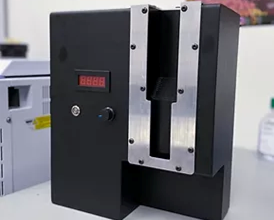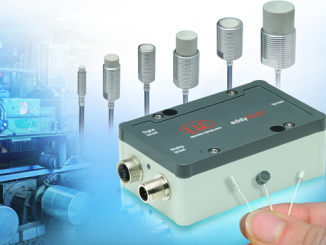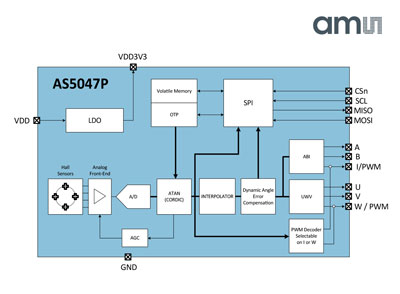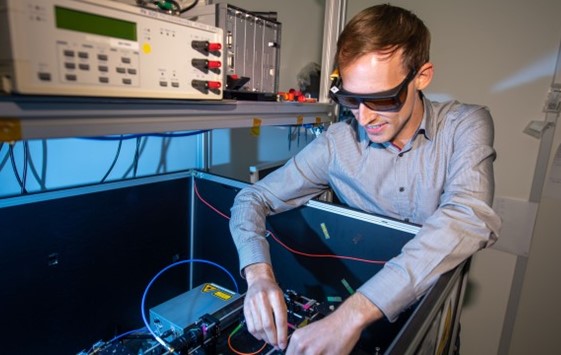
Robert Bosch GmbH has set up a new business unit to commercialize quantum sensors. Medical diagnostic applications are a key target, using quantum magnetometers to detect the tiny magnetic fields generated by physiological processes. Planning to benefit from strong growth for the market, an in-house startup will pool the results of research so far and translate them into products.
“Quantum technology is pushing the boundaries of what is possible in both data processing and sensors,” says Jens Fabrowsky, executive vice-president of Bosch Automotive Electronics responsible for the semiconductor business. “Above all, the aim is to increase the broad practical benefit of quantum effects for everything from the development of carbon-neutral powertrains to neurological diagnosis. Bosch has been doing extensive research in quantum sensing for many years now, and we see ourselves as global leaders in this area. Now we also want to use this as a basis for future business models.”
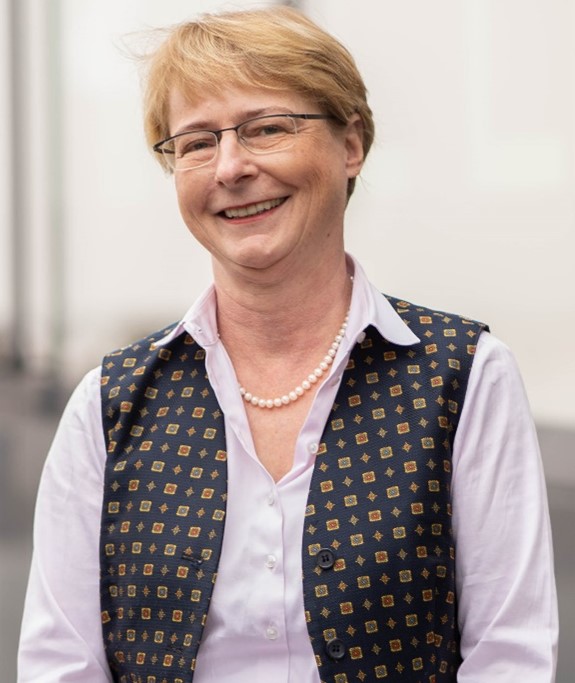
The CEO of the newly established startup is Dr. Katrin Kobe. A physics PhD, she brings to Bosch more than 25 years of management experience with a variety of technology companies. During that time, she developed several new business areas. She has been a partner in the European consulting firm Theron Advisory Group, specializing in the development of marketable product strategies, attractive business models and suitable sales structures, especially for technologically sophisticated products, and began her career with McKinsey & Company.
“At Bosch, research is a top priority,” she says. “As a global company with alliances and expertise in quantum technology, Bosch is seizing the opportunity to make headway with this promising new field in an agile startup environment.” There are already 15 associates working at the new startup. The team, which is set to grow to more than 20 in the coming months, is looking to attract engineers and business developers.
Quantum sensors use the individual atoms of a gas or defects in solids as atomic measuring instruments. Because of the special way they are initialized before measurement and their ability to detect individual quantum states after measurement, these sensors achieve unprecedented precision. Thanks to quantum technology, this will soon allow measurements to be carried out that are nearly 1,000 times more precise than those done by today’s micro-electromechanical systems (MEMS) sensors.
Quantum sensors will, for example, be able to help diagnose neurological conditions such as Alzheimer’s and Parkinson’s more accurately and easily. They can also be used to record nerve impulses, and thus to control artificial limbs one day. These sensors can also detect the tiniest changes in an object’s position.
Bosch began researching quantum sensing seven years ago and has been involved in eight publicly funded quantum sensing projects, some of them international, since 2018. It has built fully functional and powerful demonstrators of a quantum magnetometer and a quantum gyrometer. Quantum magnetometers can detect the tiny magnetic fields generated by physiological processes, while quantum gyrometers permit the high-precision detection of rotations for the navigation of autonomous systems. The long-term goal is to achieve further miniaturization and integrate the technology on a chip.
Market experts are predicting strong growth in quantum sensing applications in the years ahead. In 2021, $22 billion was invested worldwide in quantum technology. According to McKinsey & Co., the market for quantum sensors is expected to grow to as much as $7 billion. The new business unit will be located on the premises of its grow platform GmbH subsidiary in Ludwigsburg. Organizationally, the startup will be assigned to the Bosch Automotive Electronics division, based in Reutlingen. For more info, see www.bosch.com.

